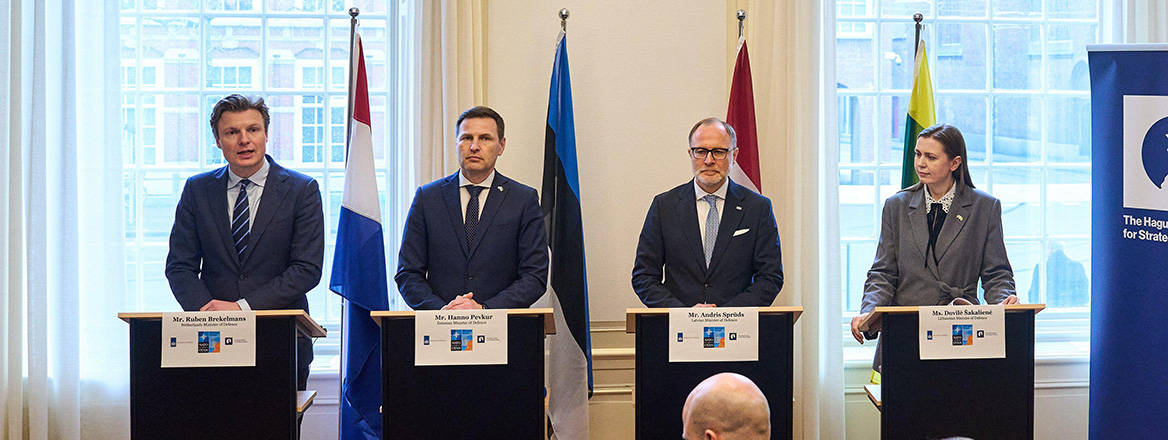Baltic Defence Diplomacy Should Look Closer to Home
In spite of early examples of successful defence cooperation in the 1990s, the Baltic states currently compete for Western support rather than pushing for greater defence integration.
The Baltic Battalion was created in the 1990s as a joint means for defence cooperation between the three Baltic states of Estonia, Latvia and Lithuania. It remains a rare example of successful joint cooperation for the Baltic states and acted as a vehicle towards NATO membership by demonstrating that the Baltic states could be worthwhile partners with Western militaries. Today, the Baltic states remain in competition with one another in attracting Western support. Kevin Blachford discusses why the three states should reconsider the success of the Baltic Battalion in deepening defence integration, particularly at a time of doubts over US commitments to NATO enlargement and Baltic defence.
WRITTEN BY
Kevin Blachford
- Jim McLeanMedia Relations Manager+44 (0)7917 373 069JimMc@rusi.org

